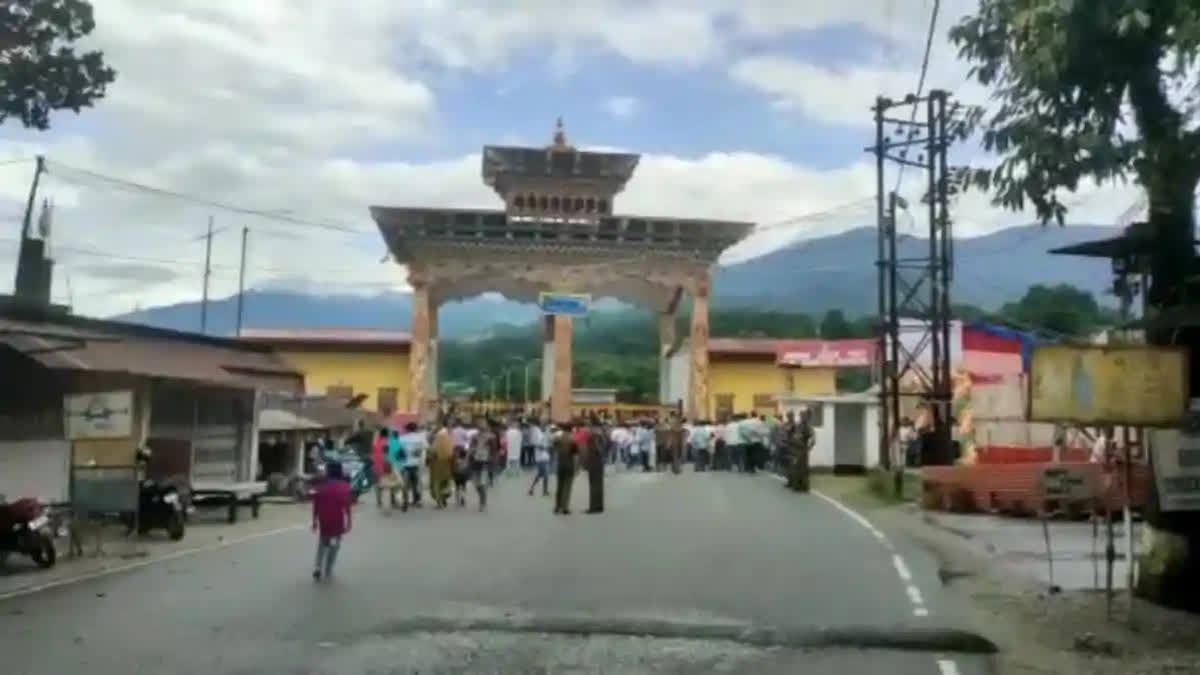New Delhi: To bring his country out of the economic morass that it is finding itself in, Bhutan Prime Minister Tshering Tobgay has announced an ambitious Rs 15-billion economic stimulus plan with support from India. Making this announcement at a meet-the-press session in Thimphu on Thursday, Tobgay said that a specialised task force has been established to craft a comprehensive strategy and supervise the implementation of the plan, Bhutan’s national newspaper Kuensel reported.
The Task Force has already outlined the mobilisation and allocation of the funds, with further discussion slated for a forthcoming cabinet meeting, the report stated citing Tobgay. Tobgay said that the acquisition of these funds will be facilitated through discussions with the Government of India and added that talks between the governments have already commenced. Final negotiations are anticipated during a meeting between Tobgay and Prime Minister Narendra Modi during the former’s upcoming visit to India.
“I have received an invitation from the Indian Prime Minister to visit India; I will be meeting soon,” Tobgay, who was elected as the Prime Minister for the second time after the National Assembly elections held in January this year, was quoted as saying. “We anticipate good support from India, given our strong relations.”
He also said that during the meeting, deliberations will encompass the modalities of fund disbursement. India has been extending economic assistance to Bhutan’s socio-economic development since the early 1960s when Bhutan launched its Five-Year Plans. India continues to be the principal development partner of Bhutan.
For the 12th Five-Year Plan, India’s contribution of Rs 4,500 crore constitutes 73 per cent of Bhutan’s total external grant component. The key areas of focus of the government of India’s assistance include agriculture and irrigation development, information and communication technology (ICT), health, industrial development, road transport, energy, civil aviation, urban development, human resource development, capacity building, scholarship, education and culture.
At present, over 82 large and intermediate projects (projects under Project Tied Assistance) and 524 small development projects and high-impact community development projects (HICDPs) are at various stages of implementation in Bhutan. The Fourth India-Bhutan Development Cooperation Talks under the 12th Five-Year Plan were held in January 2023 during the visit of Foreign Secretary Vinay Kwatra to Bhutan.
Ahead of the National Assembly elections in the Himalayan kingdom, Tobgay’s People’s Democratic Party (PDP), in its manifesto titled ‘Contract with Bhutan’, promised to pull Bhutan out from the economic doldrums. “Our nation’s economy is teetering on the brink of collapse,” Tobgay stated in a message to the people in the manifesto. “With an average growth rate of just 1.7 per cent in the past five years, our economy is at its worst in our recent history. The private sector, our main driver of growth, has become stagnant, with many businesses either closed or operating at reduced capacity. Youth unemployment has hit a record high of 28.6 per cent.”
He stated that Bhutan’s public debt is at its highest, particularly non-hydro debt at a whopping Nu 108 billion (Rs 108 billion). Foreign currency reserves have depleted to a level that threatens to breach the constitutional requirement. Fiscal deficits have widened while the national revenue stream has dwindled.
